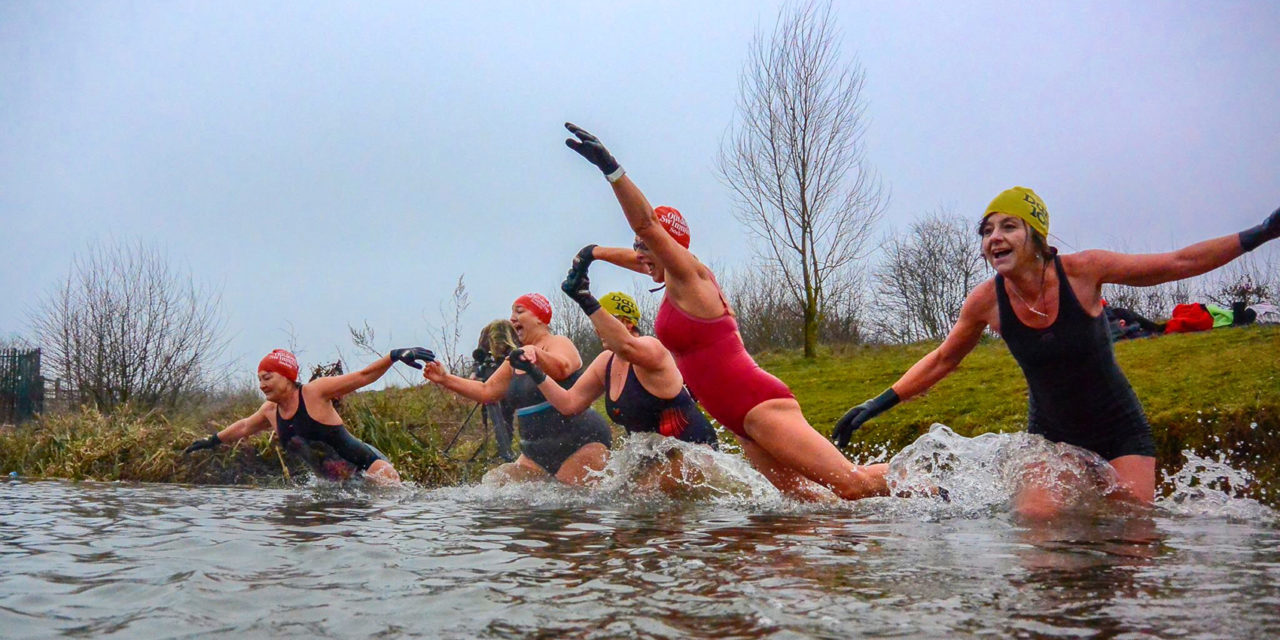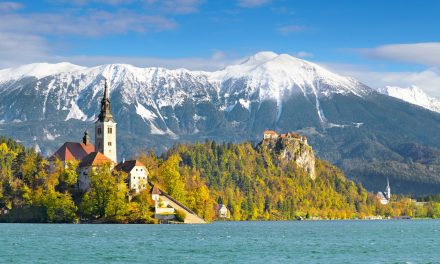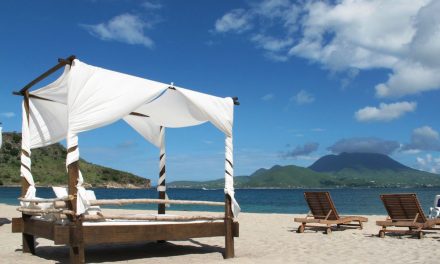There is something magical about morning cold water swimming, the pure humanness of it all, just you in your rawest form braving the elements, and nature at its best.
Suppose come across a group of these cold-water enthusiasts, you’ll notice there exists a certain sense of camaraderie among the swimmers, and they are always keen to start up a conversation with you about it. There is nothing that brings people together like facing a challenge and sharing the experience as a group.
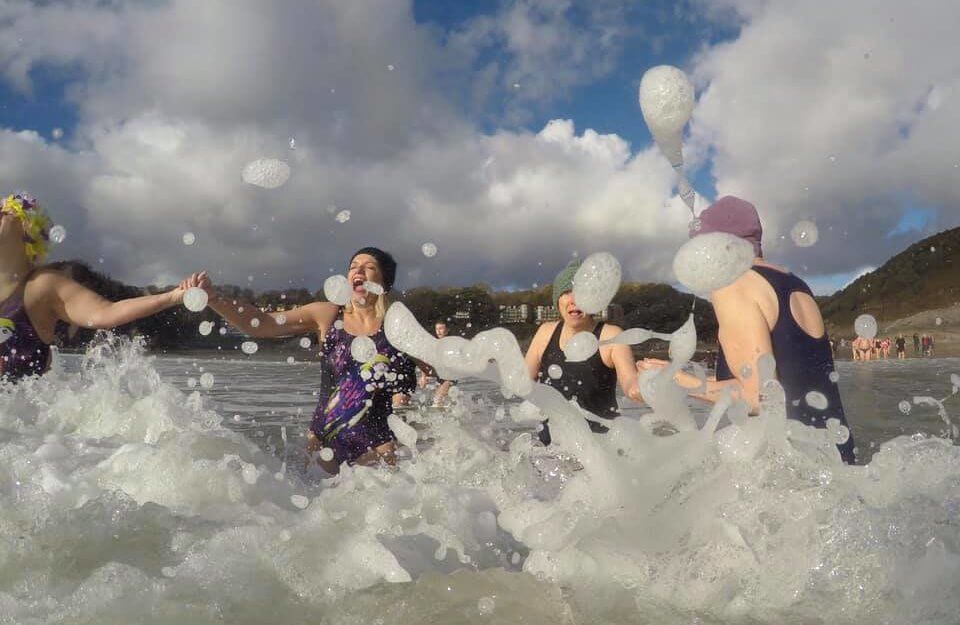
People the world over are skipping the heated pool and rediscovering the pleasures of lakes, rivers and seas – even in winter. The practice of daily cold-water swimming is sweeping the world, gaining popularity and momentum as more and more people are realising the benefits of taking an icy cold plunge to start their day.
One cannot imagine that wading into the sea a few times a week, sans wetsuit, with people you would not necessarily have crossed paths with could be such fun, and indeed, addictive, especially if your idea of outdoor swimming revolves around sunshine and warm water. But those that partake in this crazy past time cannot imagine life without it. So, what gives?
If you swim in cold water, that inevitably means you swim outside, all year round. Which means you get to experience the day in its purest form — rain, sun, hail, snow, wind, and so on. You experience fundamental physical things: you, your skin, your body, your reaction.
The initial shock feels a bit like your heart is going to stop beating, you can’t breathe, you can’t think, this is fight or flight mode.
But. Just. Keep. On. Going.
As your body acclimatises to the temperature, you begin to take in the euphoria of being all weightless and graceful in the sea. And lots of people who love to cold water swim, don’t swim at all – it’s perfectly acceptable to bob around in the waves and chatter with your fellow swimmers. Once you are in, you won’t want to get out. The aftereffects of outdoor swimming are innumerable.
While the positive effects of aerobic exercise on both anxiety and depression is widely known, it is also claimed that cold water is of huge therapeutic benefit to sufferers of anxiety and depression.
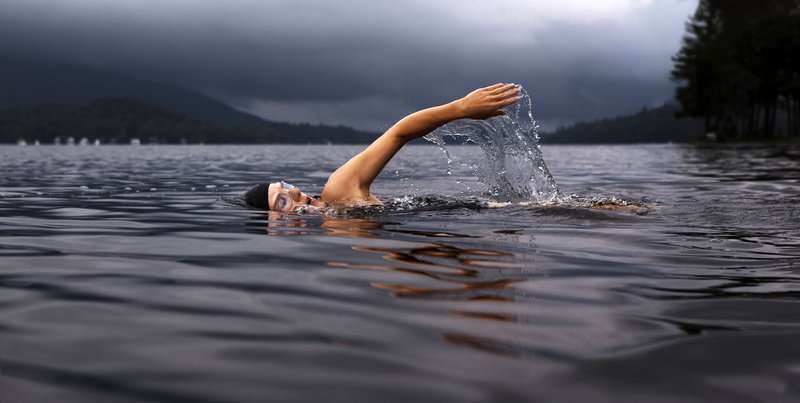
Aside from reducing stress, leaving us calmer and more relaxed, the mental strength required to get in very cold water can boost your immune system. Coldwater helps to increase the white blood cell count because the body is forced to react to changing conditions, also activating our endorphins as the icy water brings us closer to our pain barrier.
Taking a daily plunge has also been said to improve your circulation, flushing out veins, arteries and capillaries by forcing blood to the surface of our skin to warm extremities.
And the best part? It burns calories! Everything in our bodies has to work faster and harder as the cold water decreases our body temperature.
A pioneer of this theory is a man from the Netherlands called Wim Hof. He’s something of a legend amongst his vast base of followers due to his uncanny, seemingly super-human abilities to put his body through extreme conditions. He has 21 Guinness world records for incredible feats including running a marathon in sandals above the Arctic circle wearing only shorts and climbing Mount Everest in only shorts.
His primary ability is to endure extreme temperatures. However, he also claims that the techniques he uses to survive the cold can be used to boost your immune system and fight many common diseases including heart conditions, the biggest cause of death in the west.
If you have yet to take the plunge and you want to improve your life on all fronts, think about taking a dip in your local pool, lake, dam or sea. Your body, mind and soul will thank you, and it will be one of the best decisions that you make.
Feature Image Credit: Outdoor Swimming Society
- Britain Set to Release the First Approved COVID-19 Vaccine in Coming Weeks - 6th December 2020
- 11 Most Cinematic Couples to Ever Grace the Silver Screen - 18th November 2020
- Iconic Brands That Have Prospered for Over 100 Years - 16th November 2020

